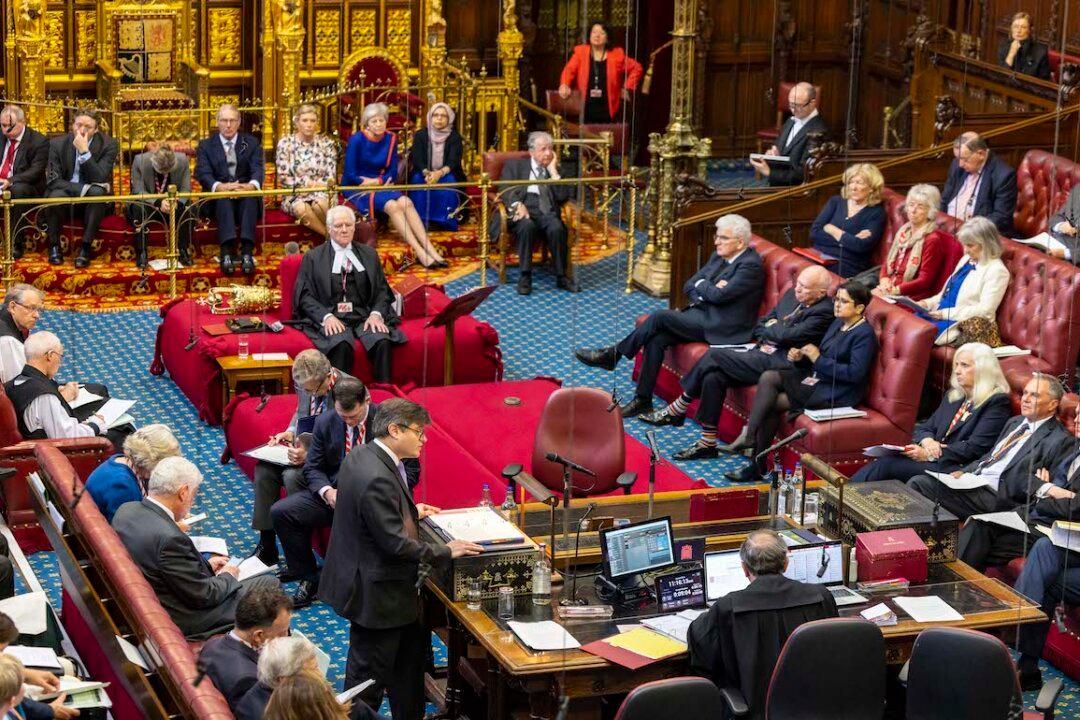The Speaker of the House of Lords has urged the prime minister to cap the size of the upper house and bring an end to resignation honours.
Peers in 2017 recommended the Lords be capped at 600 to make it smaller than the Houe of Commons.

The Speaker of the House of Lords has urged the prime minister to cap the size of the upper house and bring an end to resignation honours.
Peers in 2017 recommended the Lords be capped at 600 to make it smaller than the Houe of Commons.